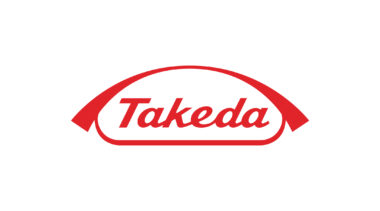Monash University pharmacist educators are available for comment on how pharmacists can provide guidance to manage common skin conditions that crop up during the hot summer months.
Please note, the following experts are registered pharmacists, not medical doctors. If symptoms are severe, or recommended treatments accessed over-the-counter are not working, then people should see a doctor.
Both experts can discuss:
- Treating and managing sunburn
- Treating and managing insect bites
- Treating and managing summer acne break-outs
Associate Professor Daniel Malone, Pharmacy Course Director , Faculty of Pharmacy and Pharmaceutical Sciences
Contact: +61 450 501 248 (Media Manager Teju Hari Krishna) or [email protected]
Read more of Associate Professor Malone’s commentary at Monash Lens
The following can be attributed to Associate Professor Malone:
“Community pharmacies often see people coming in over summer with sunburn or insect bites. Pharmacists can provide great advice on products to treat sunburn, and how to prevent it from occurring.
“Aloe vera gels can soothe a sunburn, but people with sunburn should see a doctor if they have blisters that cover a large area of the skin, experience symptoms such as fever, headaches or dizziness, or if the sunburn appears infected.
“Many pharmacies stock creams that contain a combination of a local anaesthetic to numb pain and antiseptic agents to reduce infection risk. These creams are great for insect bites, and can also be applied to sunburn.”
Dr Suzanne Caliph, Senior Lecturer , Faculty of Pharmacy and Pharmaceutical Sciences
Contact: +61 450 501 248 (Media Manager Teju Hari Krishna) or [email protected]
The following can be attributed to Dr Caliph:
“Preventing summer skin problems is essential, and pharmacists play a key role in promoting being ‘sun smart’ including using broad-spectrum sunscreens with SPF 30+ or higher, emphasising regular reapplication, especially after swimming or sweating, staying hydrated, wearing loose breathable clothing, wide-brimmed hats and sunglasses, and staying under the shade during peak UV hours.
“Pharmacists are the first point of contact for managing common summer skin conditions such as sunburn and rashes triggered by heat and excessive sweating. For skin rashes, they may recommend short-term over-the-counter topical corticosteroids to reduce inflammation and itching, alongside non-medicated options like fragrance-free moisturisers to soothe the skin.
“Acne flare-ups are also common in summer due to increased sweat and oil production, and sun exposure that can irritate the skin, triggering breakouts. Over-the-counter treatments with active ingredients such as benzoyl peroxide or salicylic acid can help unclog skin pores and reduce bacteria.
“Use of mild cleanser to remove sweat and oil and oil-free moisturisers and sunscreens are essential to protect the skin without clogging pores that contribute to breakouts. If acne persists or worsens, consult your general practitioner or dermatologist (upon your doctor’s referral) for prescription treatment options including topical and oral retinoids, oral antibiotics, or hormonal therapy to prevent worsening and scarring. Pharmacists also offer guidance on lifestyle factors, including healthy eating, stress management, and skincare routines, which may help support overall skin health and reduce acne flare-ups.”
For any other topics on which you may be seeking expert comment, contact the Monash University Media Unit on +61 3 9903 4840 or [email protected]. For more Monash media stories visit our news & events site.


